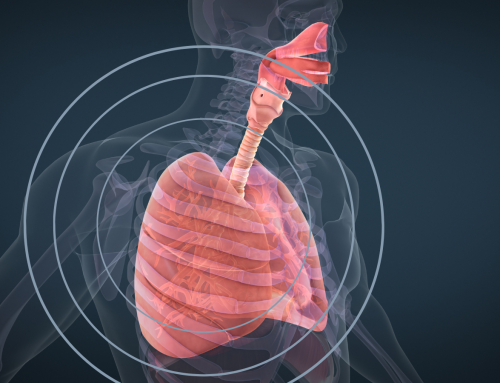It’s that time of year when we see those common illnesses that occur in Winter emerging… sore throats, coughs, runny noses and all the symptoms we associate with the season. And sometimes what begins as a cough can also become a chronic cough.
How do I know if my cough is Covid?
One question that’s popping up frequently right now is: how do I know if my cough is Covid… or not?! The problem is that it’s not particularly easy to tell the difference between the two. This is because not only have the main symptoms of Covid-19 changed as the virus has mutated, but those who have been double vaccinated seem to be affected by the virus in a different way. From March 2020 we were all told to be aware of the 3 main symptoms:
- high temperature
- new, continuous cough
- loss of taste or smell
But fast forward to October 2021 and there are calls for the government guidance to be updated as many of those testing positive are not experiencing the original symptoms but are now presenting with:
- runny nose and sniffles
- sore throat
- headache
- possible high temperature
What should you do if you have a cough?
Unfortunately it’s not possible to tell the difference between a cold, flu or Covid based on symptoms alone. The guidance is that if at all in doubt, you should take a Covid test and stay at home until you receive the results. With symptoms being so similar to the common cold – which is also very much in circulation now that Winter is on its way – there really is no other way to be 100% certain.
What if I’ve developed a chronic cough?
When you have a cough as part of a cold the symptoms generally dissipate after around 3 weeks. Even if your cough was due to Covid-19, you should find your symptoms improve in 2-4 weeks.
But what if you have a chronic cough?
A chronic cough is one that lasts eight weeks or longer in adults or four weeks in children. The cough can be triggered by many factors such as talking, laughing, certain smells or sudden changes in temperature. Chronic coughs can be caused by:
- Chest infections
- Upper airway irritation
- Smoking
- Post nasal drip
- Reflux (GORD)
- Aspiration (inhaling food into the lungs)
- BP medications e.g. ACE inhibitors
- Lung condition e.g. chronic bronchitis, bronchiectasis, COPD, Asthma
Having a chronic cough can be uncomfortable as the constant coughing can cause pain in your ribs and stomach and can cause disrupted sleep. So finding a way to minimise the amount you are coughing is key.
Various respiratory Physiotherapy treatment approaches can be used to help treat a chronic cough. If mucus in the lungs is causing the cough, airway clearance techniques are relevant. If there is an upper airway (throat and laryngeal) irritation then it is often relevant to look at triggers and optimising your breathing pattern. Speech and language therapists are also extremely helpful in targeting relaxation and correct use of the larynx and voice, and often form a key role in long term management. Finally, some patients benefit from a medical review to try medications or procedures to help their cough, depending on the origin.
Check out our previous blog about managing a dry, tickly cough and some of the steps you can take at home to relieve your symptoms.
Get in touch via hello@airphysiotherapy.co.uk if you’d like to know more about how we can help.





